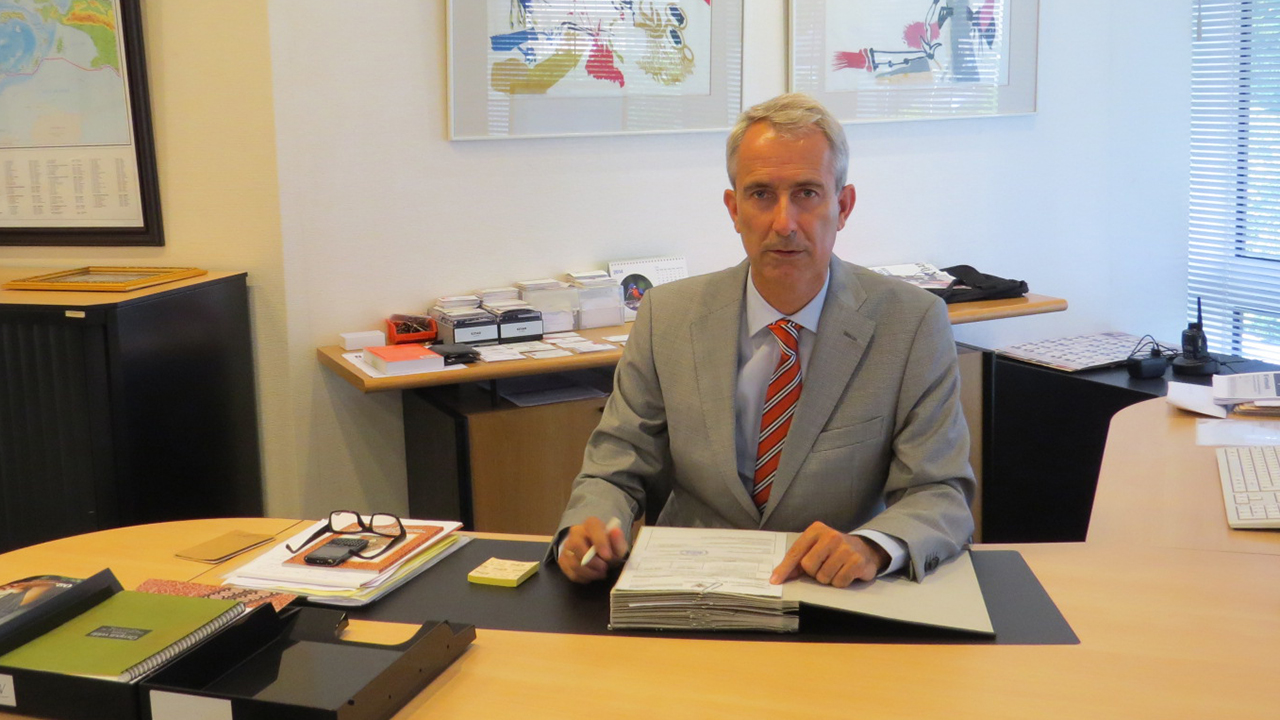With focus on cabbage, cucumber, okro, tomatoes, pepper, carrots, watermelon, sweetcorn value chains, the programme has distributed 10 high-capacity solar irrigation pumps and educated over 50,000 farmers in sustainable practices.
The Embassy of the Kingdom of Netherlands says it has provided 10 solar-powered irrigation pumps to farmers in Kano, Ogun, Kaduna and Oyo states through its HortiNigeria project.
The HortiNigeria Programme Director, Mohammed Idris, said this on Saturday in Abuja on the commemoration of the International Clean Energy Day.
The International Clean Energy Day is commemorated annually on January 26.
The day was declared by the General Assembly (Resolution A/77/327) as a call to raise awareness and mobilise action for a just and inclusive transition to clean energy for the benefit of people and the planet.
Mr Idris said the eco-friendly technology is not only a testament to HortiNigeria’s commitment to environmental stewardship but also a practical solution to two critical challenges in agriculture:
The challenges according to him are limited water access and the rising costs of fuel for irrigation.
The HortiNigeria programme which spans from 2021 to 2025 is implemented in collaboration with the International Fertiliser Development Centre.
The other partners in the programme are East-West Seed Knowledge Transfer Foundation, KIT Royal Tropical Institute, and Wageningen University among others.
Mr Idris said the project is dedicated to pioneering sustainable solutions for Nigerian agriculture.
He said that since 2021, the Dutch-funded initiative has been a cornerstone in fostering a sustainable and inclusive horticulture sector.
According to him, it has also contributed to enhancing food and nutrition security across 10 local government areas in the four benefiting states.
With focus on cabbage, cucumber, okro, tomatoes, pepper, carrots, watermelon, sweetcorn value chains, the programme has distributed 10 high-capacity solar irrigation pumps and educated over 50,000 farmers in sustainable practices.
“They have not only streamlined agricultural productivity but significantly reduced the carbon footprint of farming activities.
“As the programme progresses we plan to expand the initiative and call on the federal, state, and local governments.
“We want them to join in promoting renewable energy for a sustainable agricultural future,” a beneficiary, Kubura Ali, from Garko Local Government Area in Kano State, said.
Also, Ifeoluwa Oyeyemi, a HortiNigeria Business Champion and Agripreneur from Ibadan, said the pumps had brought reliable energy, transformed fieldwork and ability to scale innovations to other farmers in the community.
Prof. Isaac Aiyelaagbe of the Federal University of Agriculture Abeokuta, identified the introduction of solar-powered irrigation as a game-changer, shaping the student-community’s farming practices and educational curriculum towards environmental sustainability.
(NAN)





